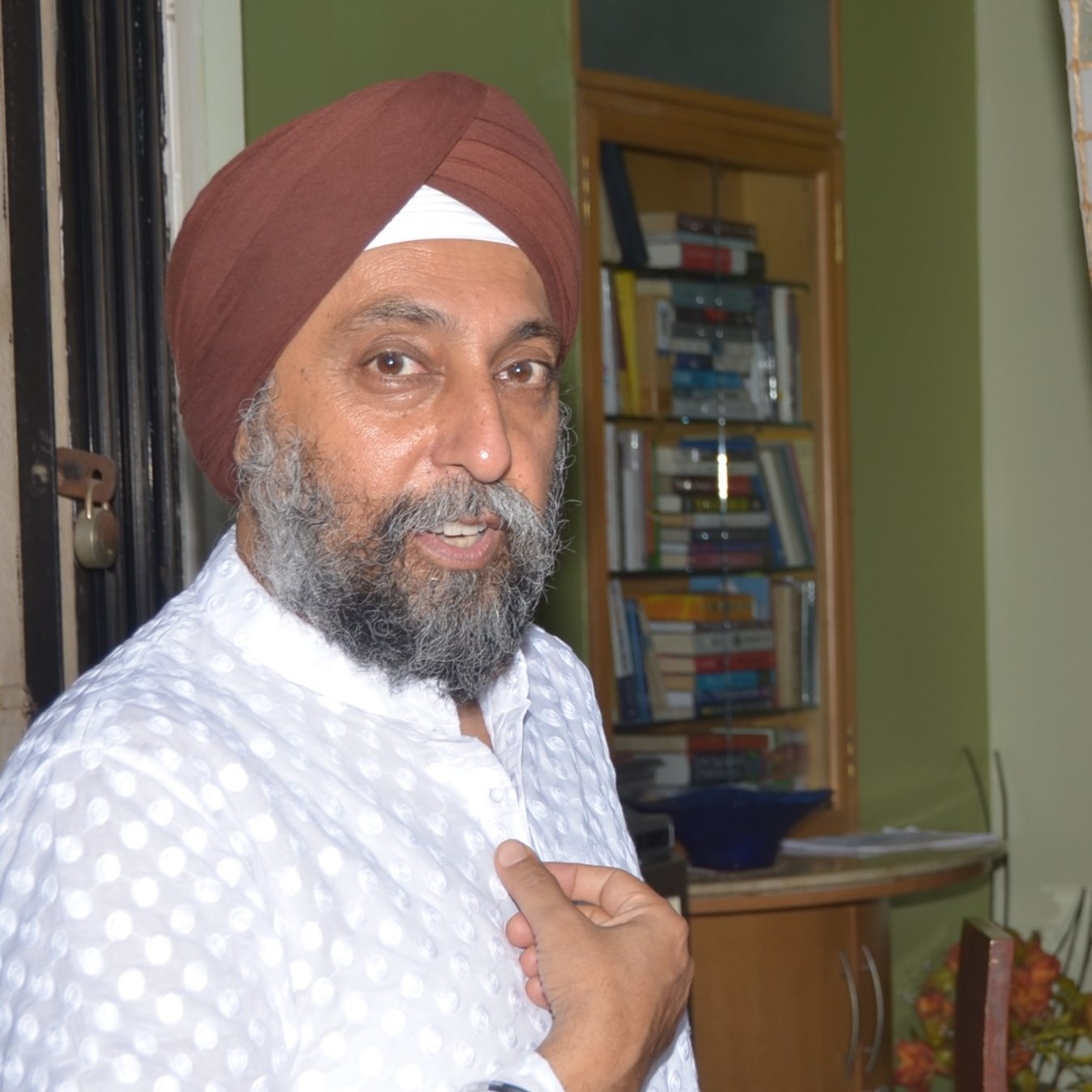![]()

The old Indian fable about ‘6 blind men and the elephant’ used to be taught to every child. It taught a vital important lesson of differentiating between perception and fact, caused by our limited understanding.
Once upon a time, there were 6 blind people who lived in a village. One day the six blind men heard from some villagers that there was an elephant in the village today.
The blind men had no idea what an elephant was and naturally curious. So a kind villager took them to where the elephant stood.
Blind people normally learn about the world by depending on their sense of touch. So they went forth to touch the magnificent creature.

The first man, touched the side of the elephant, he said, “It is like a wall”.
The second man, when touched the tusk and proclaimed ‘An elephant is strong and smooth, just like a spear’.
The fourth man, grabbed the leg of the elephant. and shouted, “It is like a tree”.
The fifth man, happened to feel the huge ear of the elephant, and said, “An elephant is like a fan”.
The sixth man, touched the tail of the elephant, and opined, “The creature is like a rope”.
Six men with six opinions born out of their own perception and experience, began to argue and have never stopped since. Each claiming himself as right and others as wrong.
So it is with humanity and with religion, science and life in every sphere. We touch or are touched by a little thing and we foolishly begin to believe we know the whole.
My father Sardar Man Singh ji, often shut down an argument by admitting, “You are right, but I am not wrong”, and I only understood this great truth when he narrated this fable to me.
We all have our perceptions but none has the truth.







